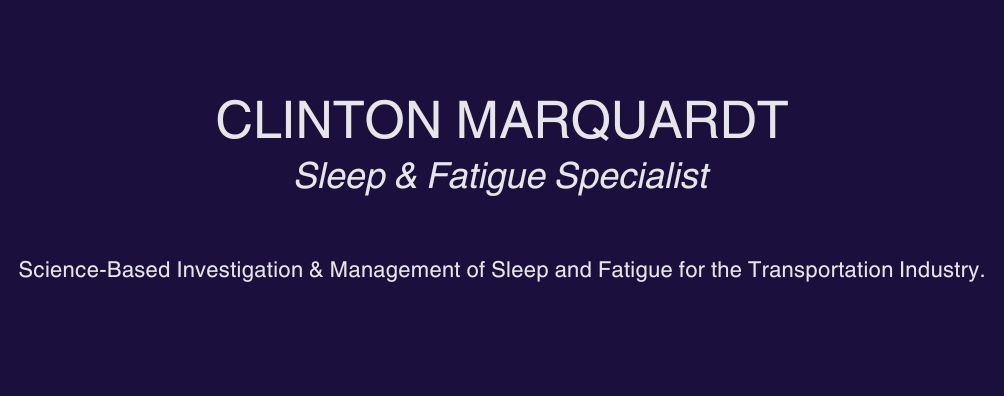
When getting quality sleep isn’t possible, caffeine can help. But caffeine is not the only ingredient that boosts attention and focus[1]. If you struggle with fatigue at work, here are four ingredients to consider.
Caffeine
Let’s start with the obvious. You already knew that caffeine helps you stay alert, but it might surprise you to learn that more caffeine isn’t always better. In fact, a dose of 200 mg caffeine helped sleep-deprived truck drivers perform better during a driving simulation[2].
- For reference, one can of Monster Energy has 160 mg caffeine. A “standard” cup of coffee has ~100 mg (unless you get it from Starbucks, in which case it’s probably stronger).
Drinks with more than 200 mg caffeine can make it even harder to focus[3] because of jitters and other caffeine side-effects. Furthermore, large doses of caffeine are more likely to interfere with your sleep. This is a big deal if you work the night shift because it’s already difficult to sleep during the day.
Ginseng
When we're sleep-deprived, we have a slower reaction time. One review study[4] suggests ginseng can help with that. People who were sleep-deprived had faster reaction times after taking ginseng. In fact, ginseng was as good as the pharmaceutical Modafinil in improving reaction time after sleep deprivation.
- For reference, Modafinil is a medication to treat sleepiness due to narcolepsy, shift work sleep disorder, or obstructive sleep apnea.
Research on ginseng and alertness is still limited, but the results seem promising. Even more so when ginseng is combined with caffeine and/or guarana extract[5].
Guarana
Guarana is a natural source of caffeine from a plant found in Brazil. One study[6] found that a guarana extract helped people focus after a long battery of tests designed to make them mentally tired. The guarana extract in this study had only 9 mg caffeine, so it wasn’t just the caffeine doing the work.
Tyrosine
Tyrosine is a non-essential amino acid. Some researchers believe tyrosine might help us in stressful situations. One review study found that [7] tyrosine improved alertness despite the stress of sleep deprivation, noise, and military combat training.
- Tyrosine is a precursor to dopamine and noradrenaline. These are neurotransmitters that get released in response to stress. In theory, a dose of tyrosine can balance out the levels of dopamine and noradrenaline. This balance can help us respond better to stressful situations.
The only downside is that tyrosine only seems effective in large doses - from 2 to 10 grams! This dose is too large to stay soluble in a drink, but having tyrosine in pill form or mixed into food is a good strategy.
Conclusion
When we’re on the verge of feeling like a walking zombie, it’s tempting to reach for another energy drink or cup of coffee. But we can do better. Finding a drink with the right amount of caffeine and some of these other ingredients can help us feel more alert with less caffeine.
A special Thanks to Danielle Robertson Rath of GEG Research and Consulting for this article. Ms. Rath is the best-selling author of "How to Get Shit Done When You Feel Like Shit: The Secret to Caffeine, Productivity, and Motivation for the Sleep-deprived and Overwhelmed". As the "GreenEyedGuide", Ms. Rath is your go-to-guide for questions about caffeine, energy drinks, and the 5 Levels of Fatigue. Learn more at GreenEyedGuide.com
References
[1] Pomeroy, D. E., Tooley, K,L., Probert, B., Wilson, A., & Kemps, E. (2020). A systematic review of the effect of dietary supplements on cognitive performance in healthy young adults and military personnel. Nutrients, 12(2), 545.
[2] Reyner, L.A., & Horne, J.A. (2000). Early morning driver sleepiness: effectiveness of 200 mg caffeine. Psychophysiology, 37(2), 251–256.
[3] McLellan T.M., Caldwell J.A., Lieberman H.R. (2016) A review of caffeine's effects on cognitive, physical and occupational performance. Neuroscience and Biobehavioral Reviews, 71, 294-312.
[4] Neale, C., Camfield, D., Reay, J., Stough, C., & Scholey, A. (2013). Cognitive effects of two nutraceuticals ginseng and bacopa benchmarked against modafinil: A review and comparison of effect sizes. British Journal of Clinical Pharmacology, 75(3), 728–737.
[5] Kennedy, D.O., Haskell, C.F., Robertson, B., Reay, J., Brewster-Maund, C., Luedemann, J., Maggini, S., Ruf, M., Zangara, A., & Scholey, A.B. (2008). Improved cognitive performance and mental fatigue following a multi-vitamin and mineral supplement with added guaraná (Paullinia cupana). Appetite, 50(2-3), 506–513.
[6] Kennedy, D.O., Haskell, C.F., Wesnes, K.A., & Scholey, A.B. (2004). Improved cognitive performance in human volunteers following administration of guarana (Paullinia cupana) extract: Comparison and interaction with panax ginseng. Pharmacology, Biochemistry, and Behavior, 79(3), 401–411.
7] Attipoe, S., Zeno, S.A., Lee, C., Crawford, C., Khorsan, R., Walter, A.R., & Deuster, P. A. (2015). Tyrosine for mitigating stress and enhancing performance in healthy adult humans, a rapid evidence assessment of the literature. Military Medicine, 180(7), 754–765.


